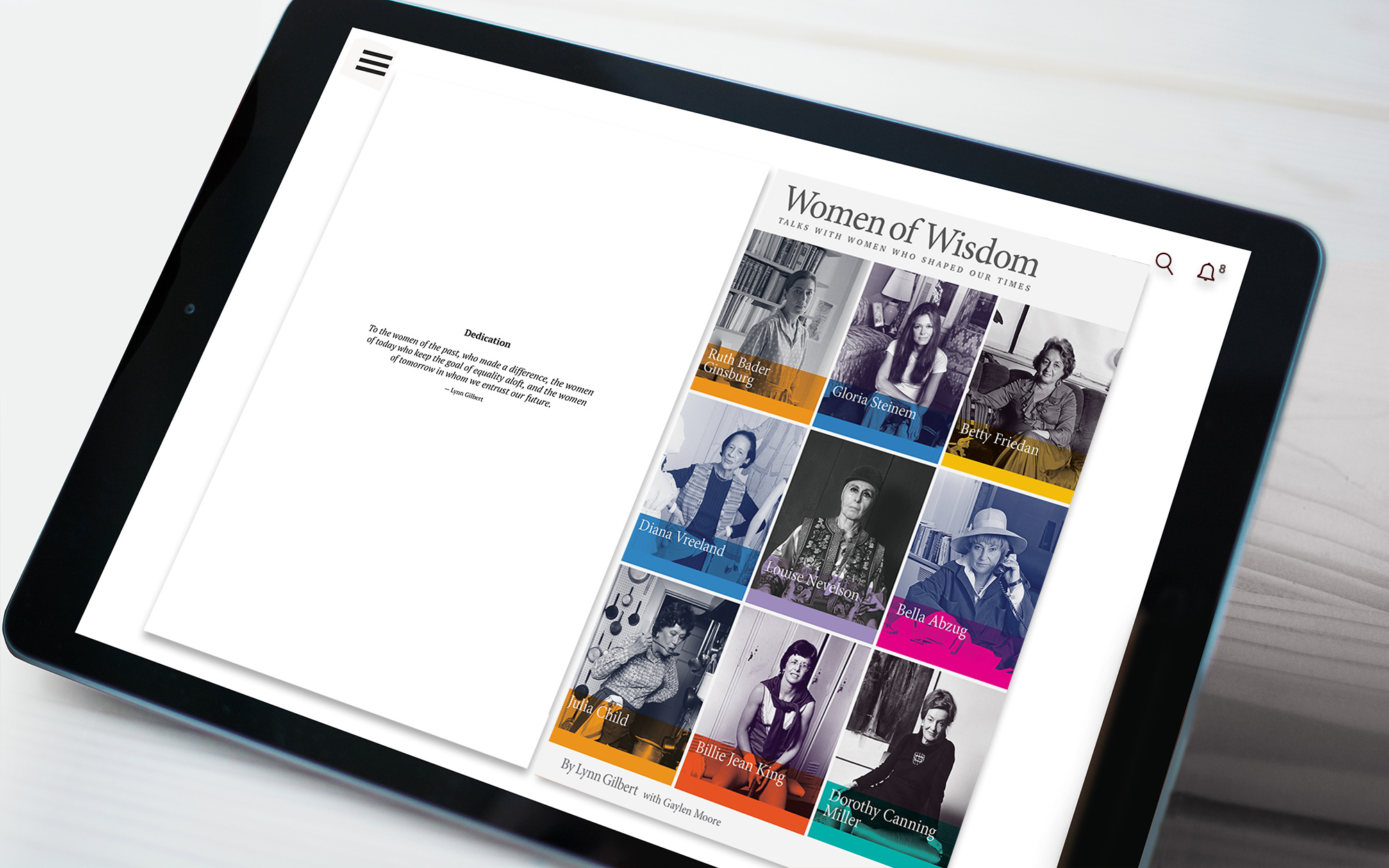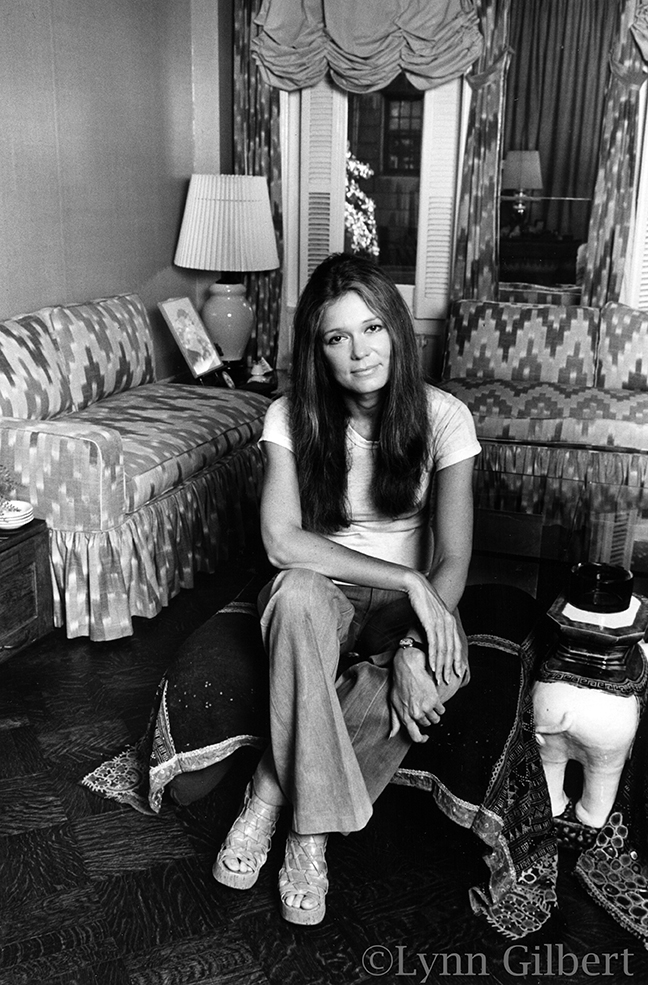"I do get burned out from time to time. In the beginning I thought, Well, this is something I’ll do for a couple of years. It’s so reasonable. Certainly if we just say what’s wrong, people will put things right. So I didn’t pace myself. I just went flat out, lecturing, organizing. I felt that this was a flat-out effort for a few years and then I would stop doing it and do something else. Since then I’ve realized that it’s something that will take a lifetime. It’s not just a year or two, it’s our whole lives. So that helps you to pace yourself. You realize you can’t be flat-out active all the time, that you need time to think and read. You’ve got to be active in cycles." Gloria Steinem -- Particular Passions: Talks with Women Who Shaped Our Times, by Lynn Gilbert.
The oral biography of Gloria Steinem, whose dedication to feminism and social justice continues to improve life for millions of people worldwide.









